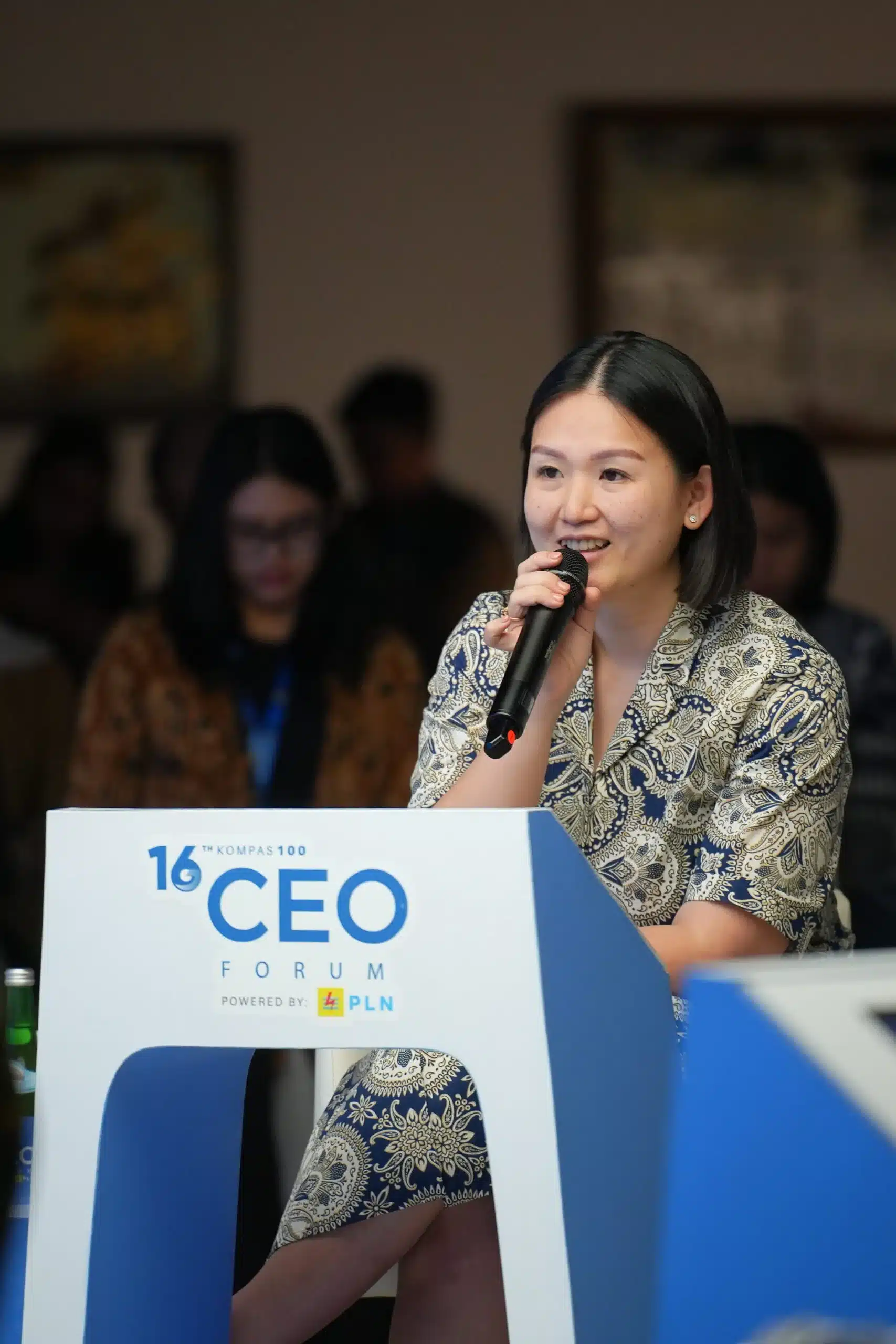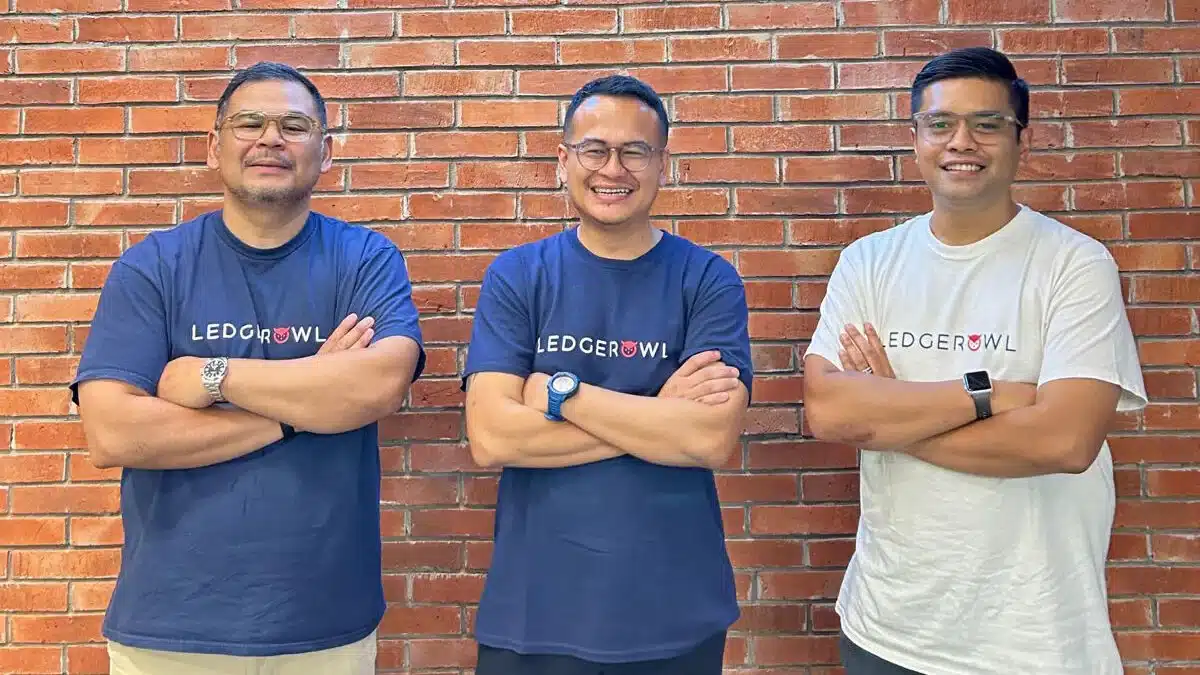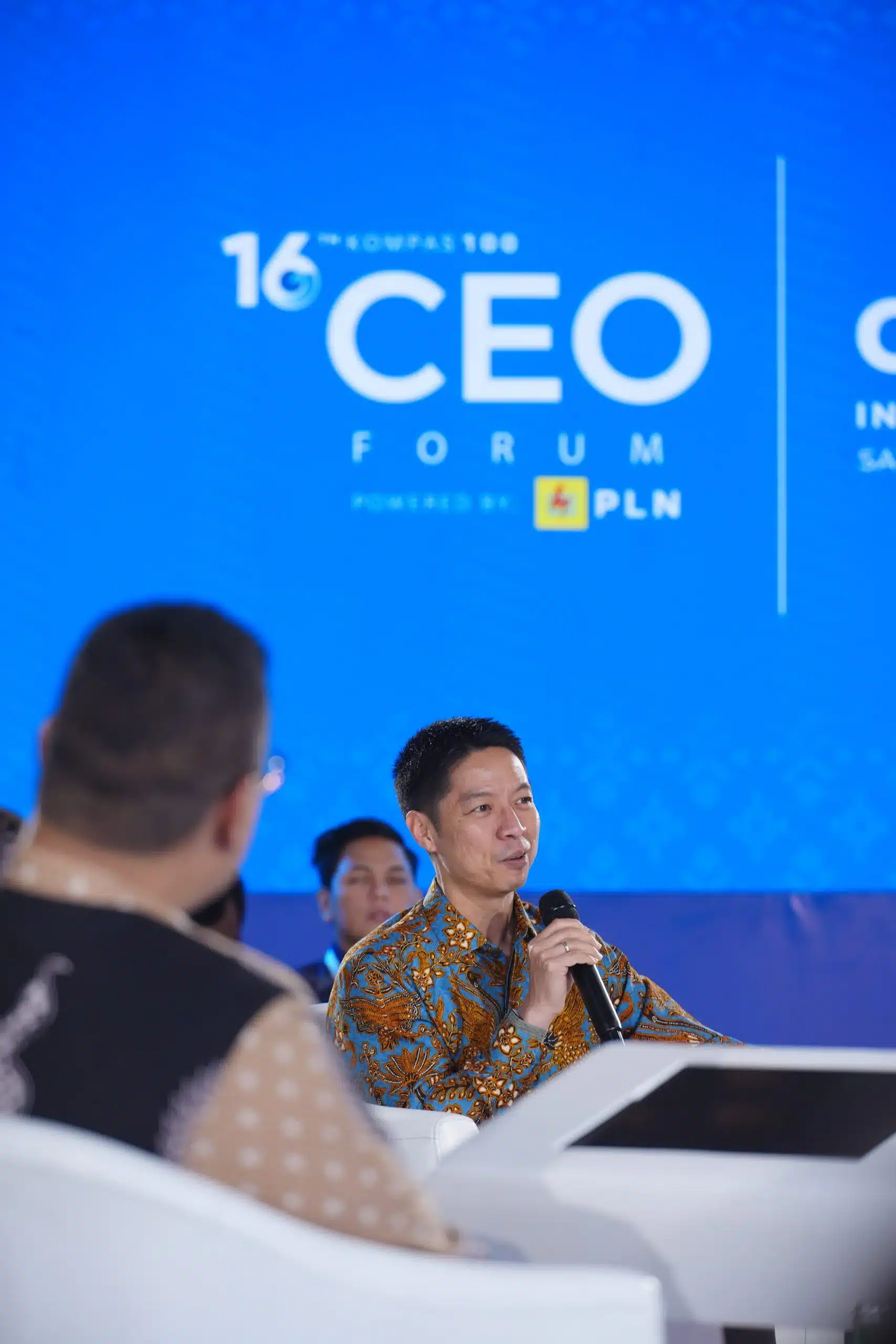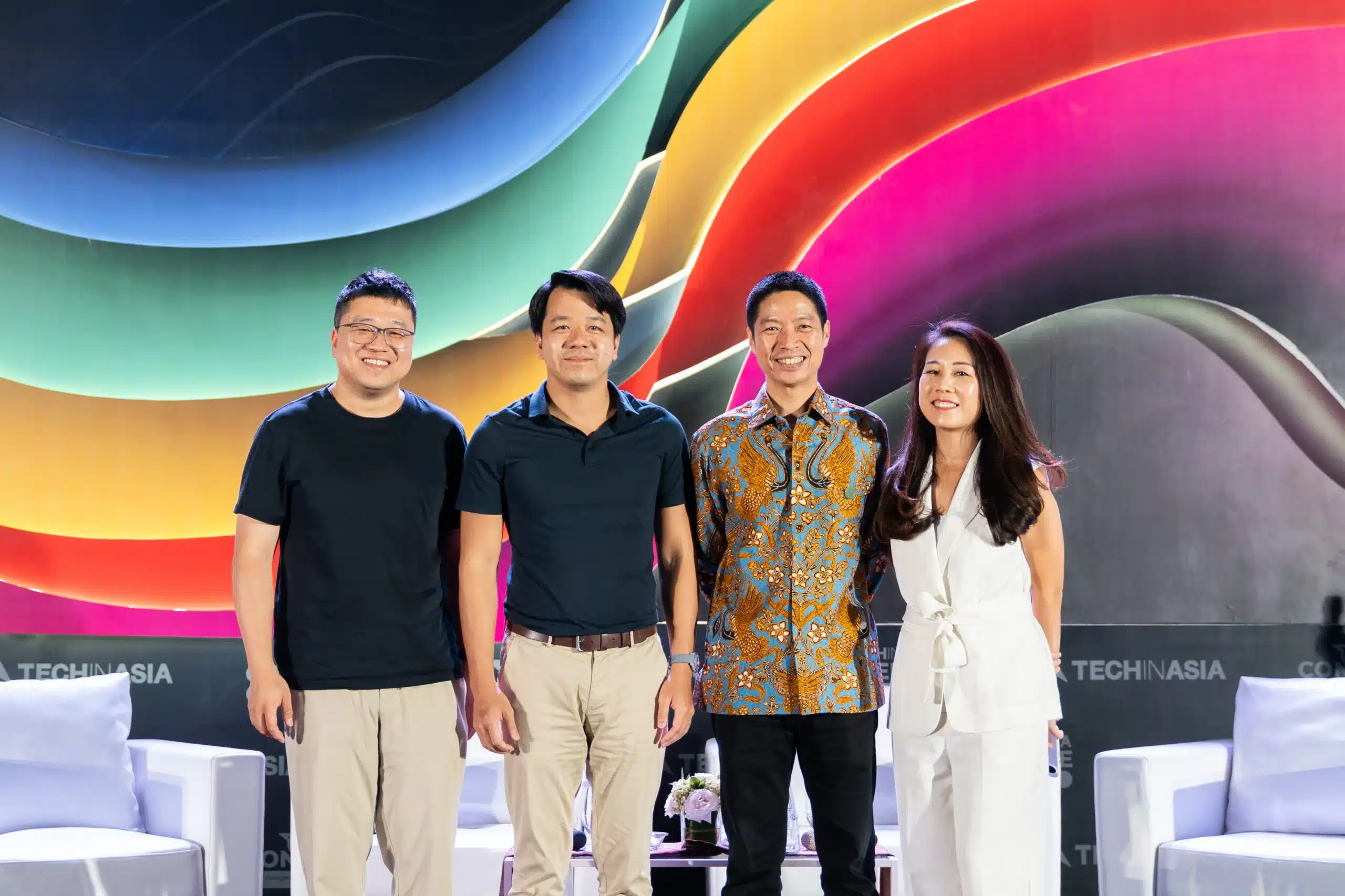Optimizing Indonesia’s Demographic Bonus: Skystar Capital Portfolio CEO Juventia Vicky Emphasizes Digital Talent at Kompas100 CEO Forum
JAKARTA, October 24, 2025 – Top leaders from the Indonesian government, finance, technology, and academia convened this week to address a critical national challenge: how to transform Indonesia’s demographic bonus into a sustainable economic advantage by 2045.
The discussion was a central theme at the CEO Connect session of the 16th Kompas100 CEO Forum 2025, powered by PLN. Held at the Bentara Budaya Art Gallery, the forum, themed “Excellent Indonesian Talent: Education, Innovation, and Demographic Bonus,” brought together key stakeholders to map out a strategy for human resource (HR) development ahead of the nation’s “Indonesia Emas 2045” vision.
Experts agree that the coming decades will be a deciding factor for Indonesia. The nation must leverage its burgeoning productive-age population to accelerate economic growth or risk stagnation due to an unprepared workforce.
Endang Sulastri, Director of Higher Education, Science, and Technology at the Ministry of National Development Planning (PPN/Bappenas), emphasized that the key lies in human resource quality. “In the next 15 years, our main focus is to ensure the productive-age population has skills relevant to the needs of the future economy,” Sulastri stated. She outlined the government’s three main pillars for investment: education, health, and job creation.
This sentiment was echoed by the financial sector. Suryantoro Waluyo, HR Advisor for Standard Chartered Indonesia, highlighted the vital role of financial inclusion. “The demographic bonus must be followed by financial inclusion,” Suryantoro said, explaining that fair, digital, and sustainable access to financing for MSMEs and young entrepreneurs will be a “catalyst for Indonesia’s socio-economic transformation.”
Hacktiv8 CEO Highlights Critical Need for Relevant Digital Talent
Representing the technology and education sectors, Juventia Vicky, CEO of Hacktiv8, a leading tech education company and a portfolio company of Skystar Capital ; provided a critical perspective on digital readiness.
Juventia stressed that the demographic bonus is not just a numbers game; it is a question of capability.
“The demographic bonus will only become a tangible strength if Indonesia can prepare young talent who are productive and relevant to future industry needs,” said Juventia.
She argued that with a technologically literate and innovative young generation, Indonesia has a significant opportunity to become one of the world’s digital innovation hubs. The key to achieving this, she noted, is deep and sustained collaboration.
“Collaboration between universities, training institutions, and the industry is the key to creating a sustainable talent ecosystem,” Juventia explained. “Beyond a relevant curriculum, the industry must also open learning spaces for young talent.”
The participation of Hacktiv8, backed by Skystar Capital, underscores the crucial role that private-sector innovation and venture capital play in building the high-quality, tech-focused talent pool required to meet this national objective.
The forum was rounded out by Edy Giri Rachman Putra, Deputy for HR, Science, and Technology at the National Research and Innovation Agency (BRIN), who called for synergy between education, research, and industry needs. “Research and education must not operate in isolation,” Edy noted, stressing that development policies must be based on scientific evidence.
The consensus from the forum was clear: Indonesia’s demographic bonus is not a guarantee, but a strategic momentum. Success hinges on a collaborative national effort to build an adaptive, innovative, and productive human resource foundation to power the nation’s future.








